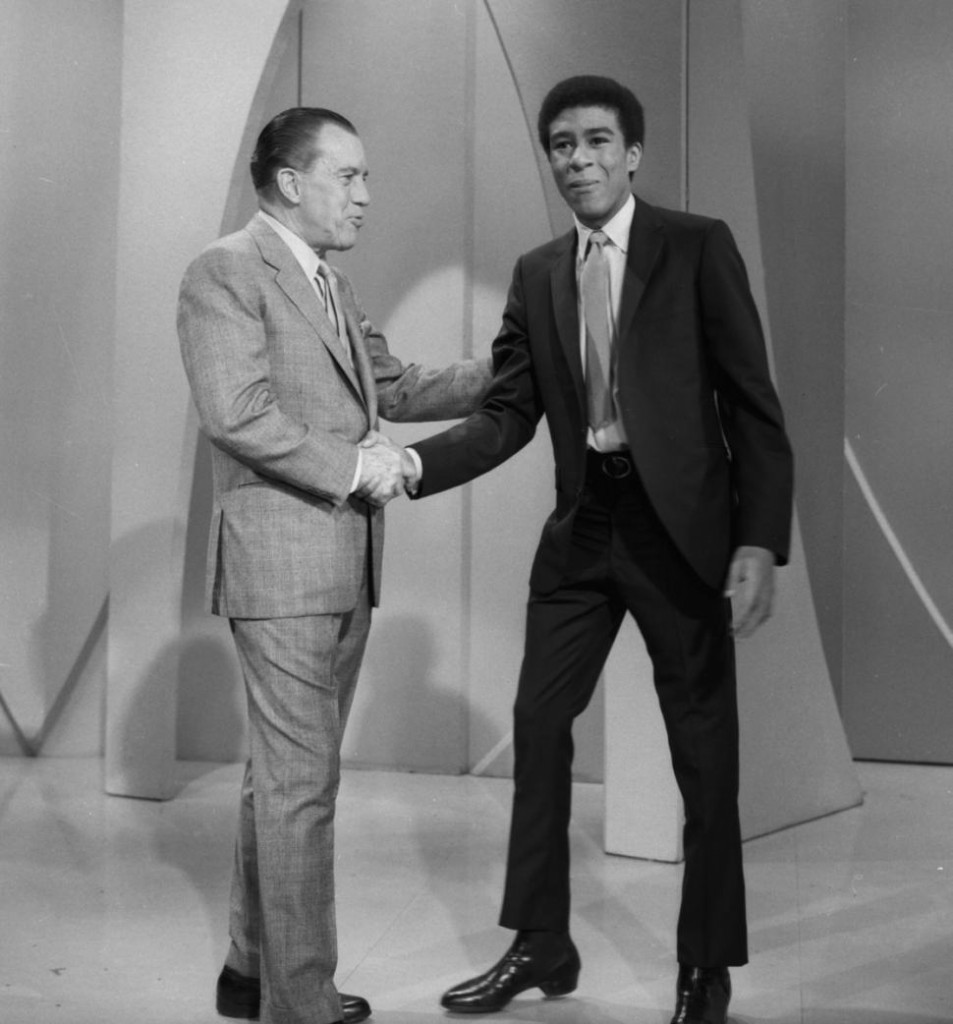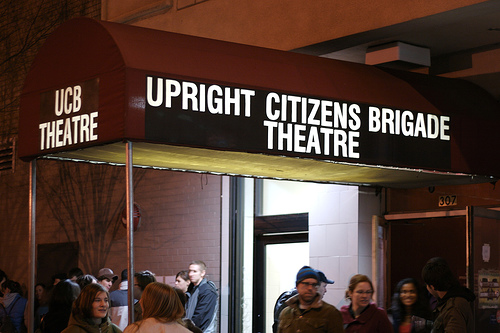“Never continue in a job you don’t enjoy.
If you’re happy in what you’re doing, you’ll like yourself, you’ll have inner peace.
And if you have that, along with physical health,
you will have had more success than you could possibly have imagined.”
-Johnny Carson
Self-love and your career. What an intriguing thought. How does what you do for a living impact the way you love yourself?
Well, are you doing what you’re doing because you love it, or because it is easy, convenient, or pays the bills? I think many of us, myself included, get caught in the ease and convenience of complacency in life. It is too easy to get comfortable wherever we are and not want to leave, to remain complacent because your job provides you with (maybe even just barely) financial stability. Personally though, I’ve always said that if I start to feel too comfortable, it is time to move on to something else-there’s no opportunity for growth where we are overly comfortable. We are simply stagnant here. This space is useless when it comes to personal growth.
An interesting thought is also that loving your job can actually impact your health. As is goes, if you love what you are doing, they say you’ll live longer! Inc. explains that happy equals healthy, good jobs fuel community, good work allows for fulfillment, enjoying your job means less stress and anxiety, and being challenged means less boredom.

Image Credit: https://www.inc.com/laura-garnett/5-reasons-loving-your-job-helps-you-live-longer.html
Further explained…one study found that older people who are overall happier and in better moods are 35% less likely to die within five years, people who are more social live an average of 3.7 years longer than their less-social counterparts, psychologists say living with a purpose is the most important key to living a long and healthy life, stress is the top proxy killer disease today, and mental alertness keeps your brain sharp as you age.
To wrap that all up, a fruitful and fulfilling career will lead you straight to a place of greater self-love!! A job where you are enjoying your work, surrounding yourself with kindness and support, and being appreciated and respected will give you greater confidence and appreciation for yourself and what you are doing.
I believe that each of us, whether we want to admit it or not, truly desires to be successful and to do so by finding something that we love to do and thriving at it. How many people still say that there is no such thing as loving your job so much it feels like you never have to work a day in your life, though? Too many! Do you believe this? Share your comments on this with us! I truly believe that the idea of loving your career so that it is a fruitful and satisfying part of your life is an idea that is entirely possible to turn into a reality. Perhaps I am naive, but I really don’t think so.
You try it! If you hate your job, maybe it is time to move on to bigger and better places. If you love your job, think about how that relates to the way you feel about yourself. Are you happy? Would you be less happy with a less satisfying career? Probably. Love yourself and find a career that feeds your soul! You’ll only thank yourself.
By Chanelle Surphlis
Chanelle Surphlis is a Campus Clipper publishing intern, who is graduating from FIT this May. Passionate about giving back and pursuing volunteer opportunities, Chanelle aspires to work for a fashion or beauty company that includes philanthropy in its core values. If you like Chanelle’s writing, check out her blogs here and here. We have the most talented interns ever and we’re so proud of them! For over 20 years, the Campus Clipper has been offering awesome student discounts in NYC, from the East Side to Greenwich Village. Along with inspiration, the company offers students a special coupon booklet and the Official Student Guide, which encourage them to discover new places in the city and save money on food, clothing and services.
At the Campus Clipper, not only do we help our interns learn new skills, make money, and create wonderful e-books, we give them a platform to teach others. Check our website for more student savings and watch our YouTube video showing off some of New York City’s finest students during the Welcome Week of 2015.

















